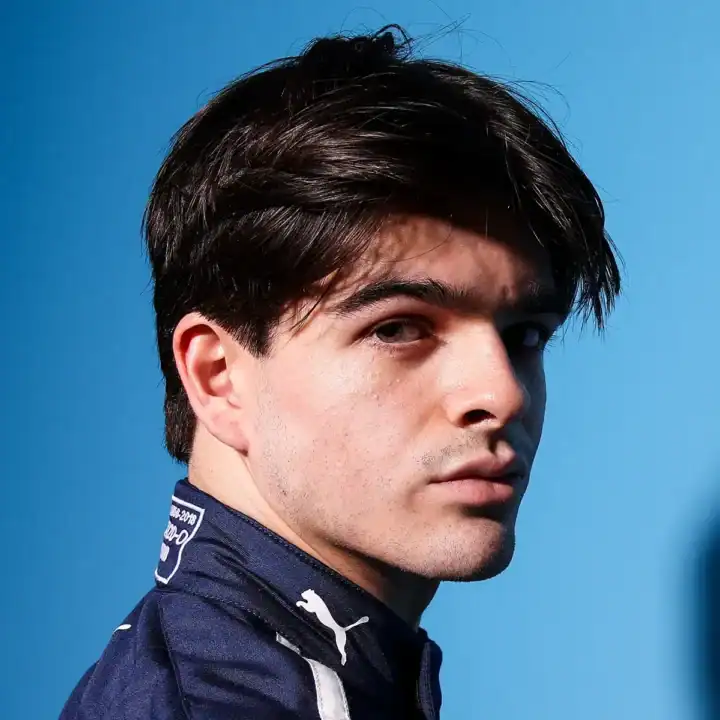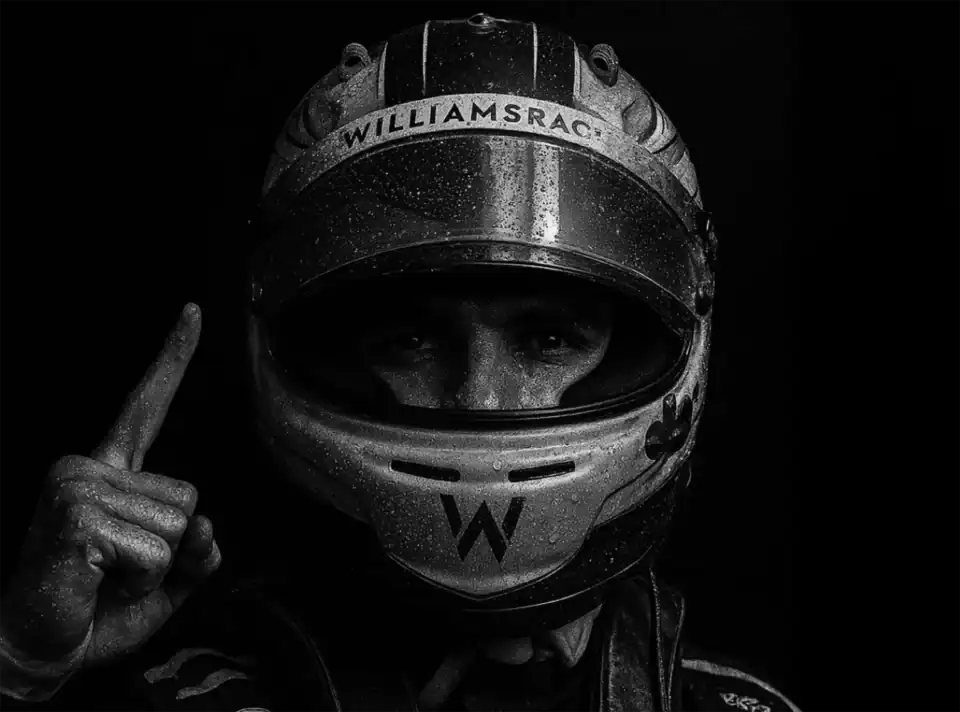No Passengers.
At Kokoro, we craft careers. Through careful management, elite development programs, precision data analysis, and constructive but brutal honesty, we extract every fraction of performance. No shortcuts. No excuses. Just the relentless pursuit of progress.
We are the quiet edge behind the podium.
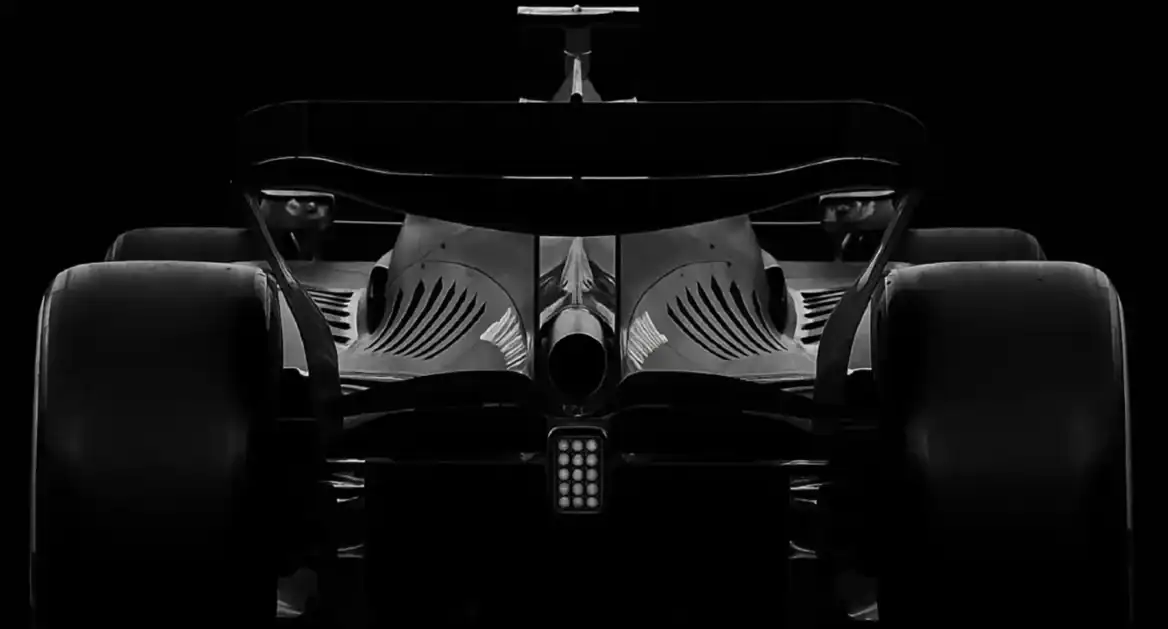
"I built Kokoro because I was tired of watching talented drivers disappear because of Bad advice, inflated promises, and outdated thinking. So we built the elite driver pathway, to take serious drivers to the top—clearly, efficiently, and without the BS. It’s the system I wish I had when I was racing.”

Kieren Clark
Founder and CEO, Kokoro Performance
Our Culture.
Kokoro centres itself on a high-accountability, high-support culture. Focused around the relentless pursuit of excellence through process, rather than outcome. The ethos champions executional integrity over results, establishing a powerful mental model for both athletes and team members: Mastering the process—not just results—is your pathway to success.
How we work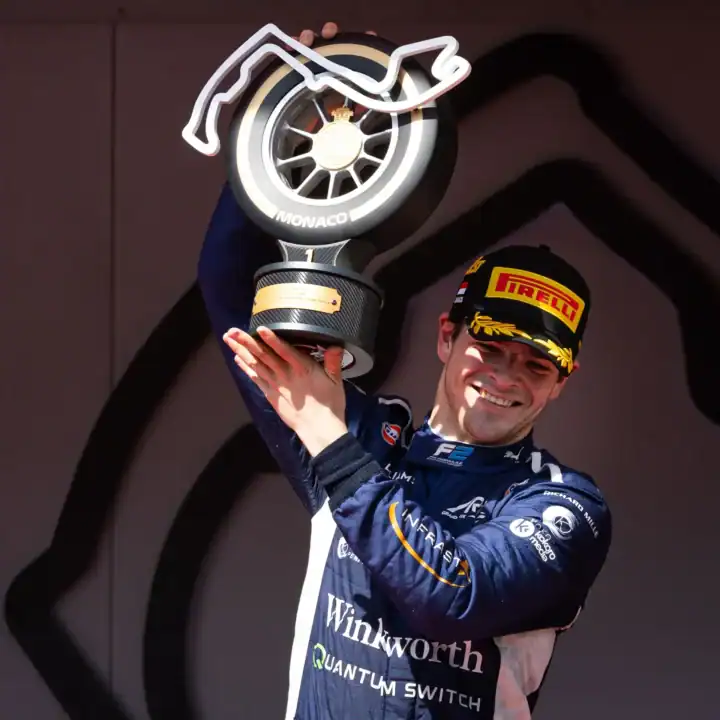
The Elite Driver Pathway.
A full-spectrum development system designed to cultivate world-class racing drivers. Our offering integrates 5 main pillars into a unified progression model that supports athletes from karting to professional motorsport.
Career Management
Strategic oversight for the long game.
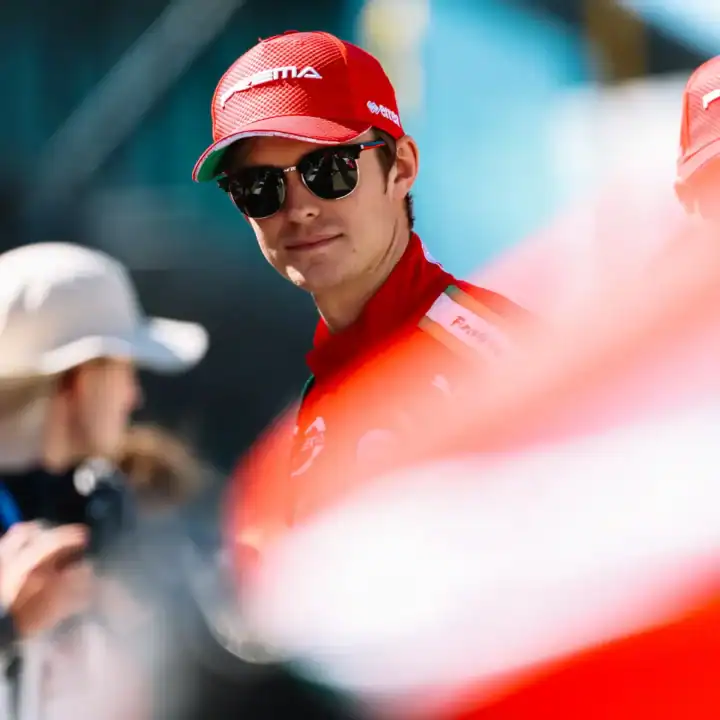
Performance Coaching
The habits and behaviours behind consistency.
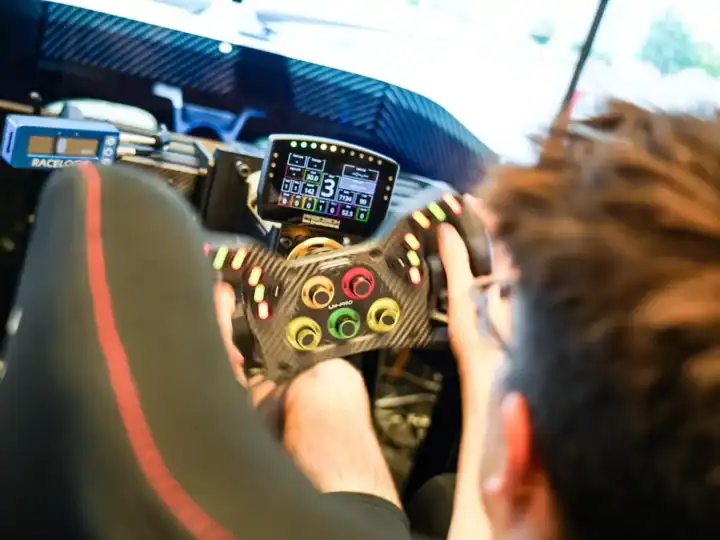
Physical Conditioning
Strong bodies support strong minds.
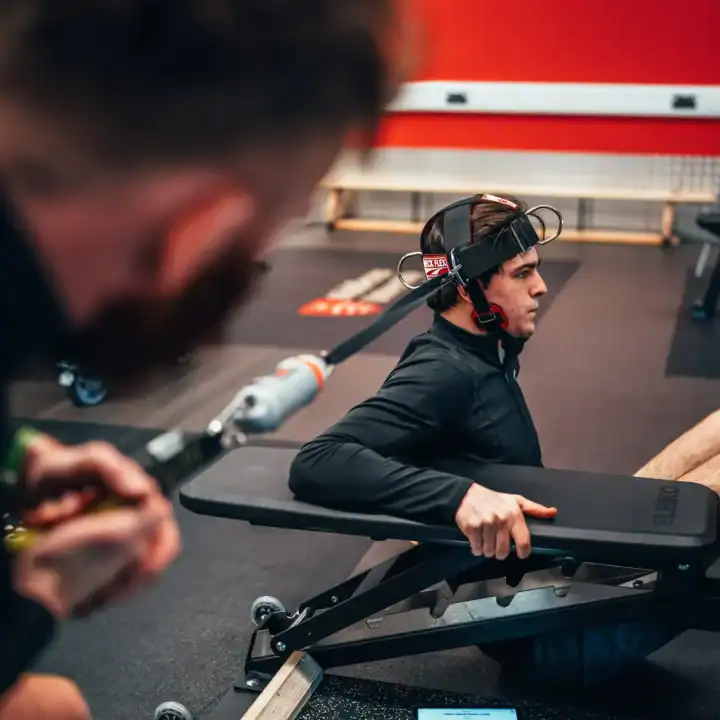
Mental Training
Pressure reveals the mind. We prepare for it.
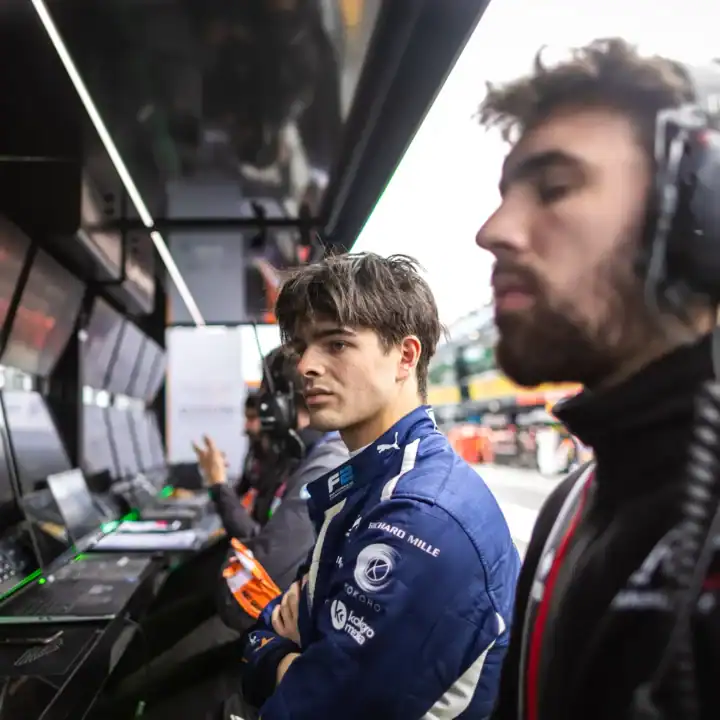
Financial & Operational Support
Clear strategy, clean delivery.
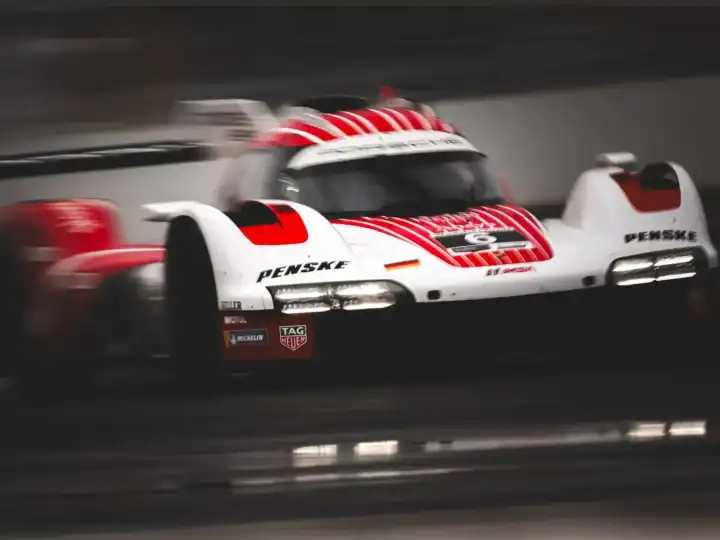
Testimonials
No hype. Just results—and real feedback. On and off the track, our results speak for themselves.
“The step up from karts to cars is never easy and to have those guys fighting your corner and knowing you can truly depend on them is massive.”

“The support I’ve received from Kokoro has been a vital factor in my rapid development since starting racing at 14. The evolution of both my driving and mental capabilities has been the result of the work we’ve done together.”

“Coaching is often seen as someone telling a driver how to be faster. Kokoro has taught me a more holistic approach — one that looks at me as a racing driver both on and off the track.”

“Working with Kieren and Kokoro has given my racing career a structure, and most importantly helped to shape my identity as a driver, both on and off the track.”

Frequently Asked
The questions everyone asks - and the answers most management companies avoid. We don’t dodge the truth. If you don’t see your question here, ask us directly. You’ll get a straight answer.
Yes, but it’s highly competitive. Only a small percentage of drivers make it professionally, and in most cases simply having natural talent is not enough. Success depends on a combination of many factors; Funding, timing, the right advice, the right training and the right support networks.
Costs vary, but a typical junior single-seater race seat can range from £300,000 to well over £1 million depending on the level. Then you need to factor in travel, testing, hotels etc etc.
Personal sponsorship, especially at junior levels, usually comes through personal networks, business relationships rather than actively perusing investment from outside your existing network.
It can cost 10’s of million dollars to progress from karting through F4, F3, and F2 to F1. The latest estimates to get from karting to F1 sit at around £20-30 million when all financial factors are considered.
Sometimes exceptional talent can be picked up by a manufacturer academy. However, support tends to be in the form of a subsidised seat and quite often any forms of financial support are expected to be repaid when the driver becomes professional.
There are many other routes to becoming a professional driver that cost far less than F1. For the right driver, with the talent and if right path is chosen, it’s potentially feasible to become a professional driver for £2-3 million.
Pay varies hugely. Top drivers can earn millions annually, but drivers in junior series or GT racing pay to race, earn minimal retainers or get a free drive, with only a few hundred globally earning a full-time professional income.
There are other options to get paid to race, or get free drives. Drivers that have high profiles but do not get paid a full-time salary can be paid through sponsorship or driver coaching. Others may get a free drive by becoming the PRO driver in a Pro-Am driver combination in GT racing.
Circa 1,200–1,500 drivers globally make a living from racing, including those in F1, FE, WRC, IndyCar, WEC, DTM, Super Formula, GT’s, manufacturer programs and top level domestic championships
However, not all of these drivers have professional contracts. Many coach or obtain personal sponsorship to make racing work as a career.
Karting is the most common and effective route to build racing skills early, but it’s not mandatory. Some drivers start later through track days or sim racing.
Key skills include car control, racecraft, consistency, data literacy, physical and mental fitness, communication skills and the ability to work with engineers and teams constructively.
Not strictly, but they can add major value.
A coach is especially valuable in your formative years. Starting early with a coach helps you set foundations and technical knowledge to help you progress as a driver, before you learn bad habits.
A good coach will also develop your on-track technical knowledge as well as your off-track skills such as data analysis. Combining both of these skills will help you to understand where you are strong or struggling and what changes are needed find the lap times.
The more accomplished you become the less need there is for a coach and by the time you are a professional the requirements for a driver coach minimal.
Conversely, there is less need for a manager in your early career but it increases as you move up the racing career ladder. Racing is a very political environment and having a manager with a strong network and understanding of the motorsport structure can help you to navigate the industry. By acting strategically they can help map your career trajectory effectively, negotiate with teams and often act as a buffer so you can focus on performance.
It depends on the level but generally speaking its of great benefit.
Top-level racing demands cardiovascular endurance, core strength, neck stability, reaction speed, and heat tolerance—comparable to elite athletes in other sports.
No. The core driving skills and fitness requirements are the same.
No, we can tailor a package to suit your requirements.
Evolution...
See why Zak O’Sulivan has what it takes
From raw pace to relentless discipline, Zak O’Sulivan is proving they’ve got the mindset and performance to go the distance. Explore their journey inside the Kokoro system—and see what sets future champions apart.
